Vegetable container gardening has quickly gained popularity as a convenient and sustainable way of growing fresh produce in limited spaces. With an increasing focus on health and sustainability, more and more individuals are turning to this method for growing their vegetables.
This form of gardening allows people to cultivate a variety of vegetables in containers, such as pots, buckets, and even recycled materials. It eliminates the need for a large backyard or dedicated plot of land, making it ideal for urban dwellers and those with limited time and resources. In addition, vegetable container gardening offers the flexibility of easily moving plants to different locations, providing optimal sunlight and moisture conditions.
Here will explore the benefits, techniques, and tips for successful vegetable container gardening. Whether you are a seasoned gardener or a beginner, this guide will provide valuable insights and instructions for growing a bountiful and sustainable vegetable garden in containers
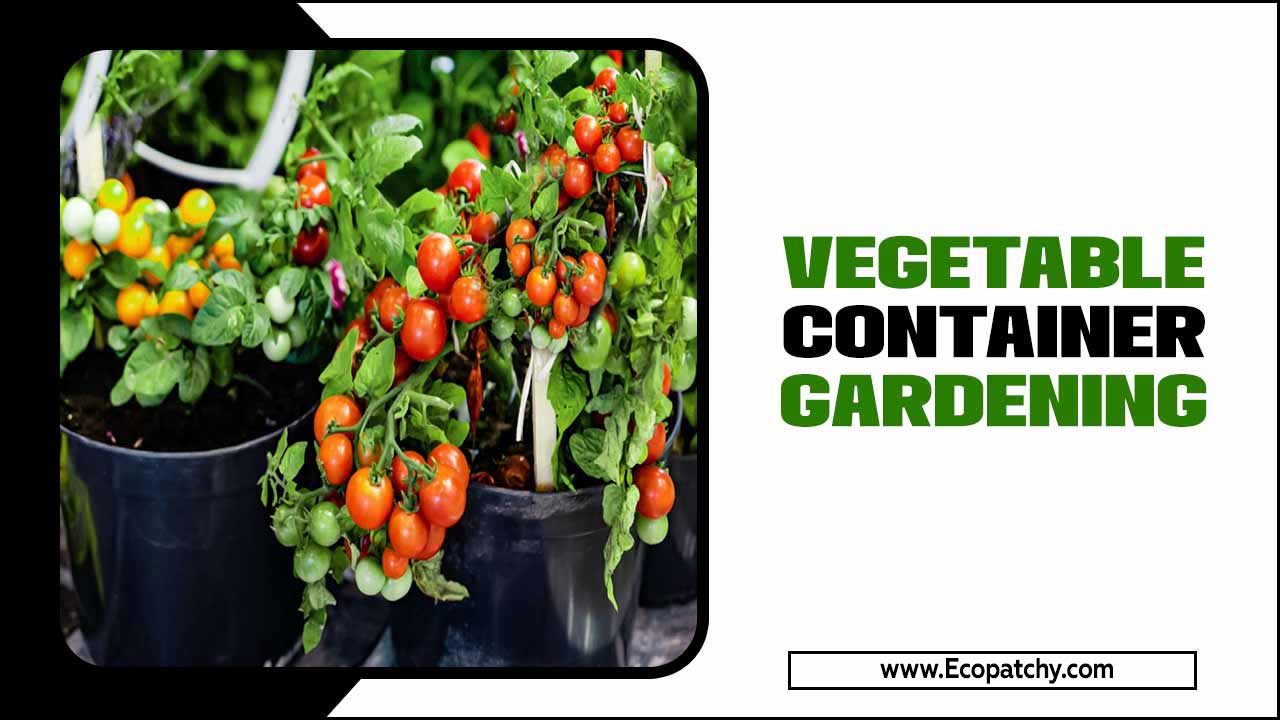
15 Veggies On Vegetable Container Gardening
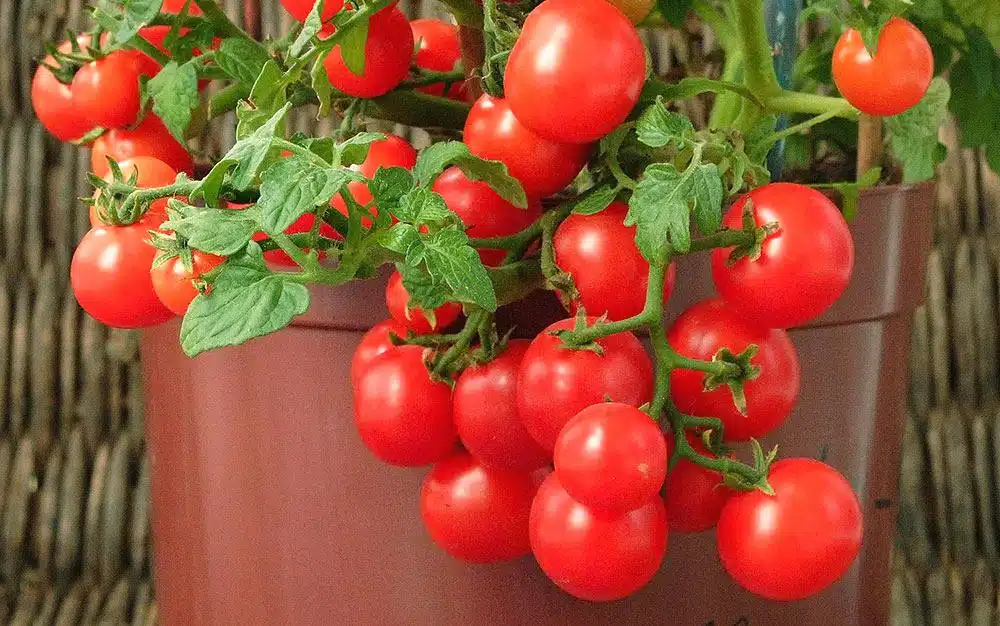
Excellent option for individuals with limited space or those who live in apartments or urban areas without access to a traditional garden. This method allows people to grow a variety of vegetables in pots or containers on their balconies, patios, or even windowsills. With the right techniques and care, container gardening can yield a bountiful harvest of fresh and nutritious vegetables.
Plus, it offers the added benefit of being able to move easily. The containers are around to optimize sunlight exposure or protect the plants from inclement weather. Whether you are a beginner or an experienced gardener. Vegetable container gardening provides a convenient and rewarding way to enjoy homegrown produce all year round.
1.Beetroot
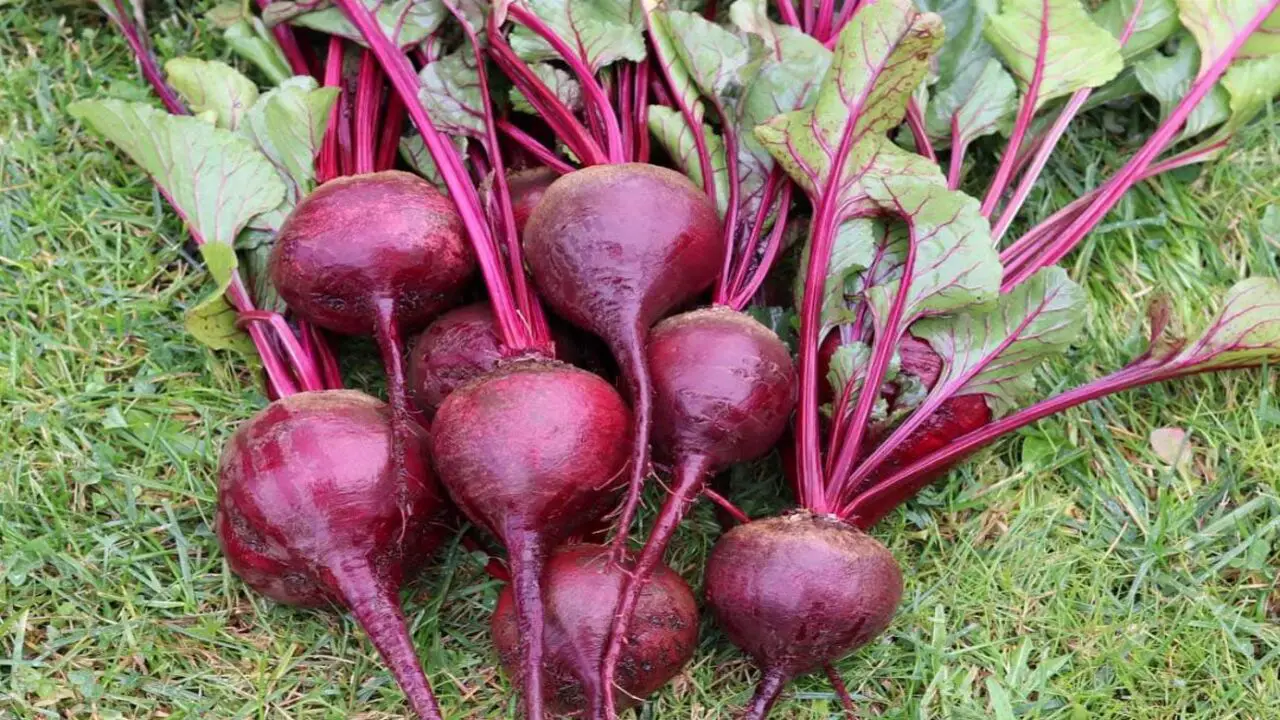
Popular vegetable to grow in container gardens. It is well-suited for container gardening as it has a shallow root system, making it perfect for pots or raised beds. Beetroots are not only delicious but also packed with essential nutrients such as fiber, folate, and potassium.
By growing beetroots in containers, you can have a fresh supply of this vibrant vegetable right at your fingertips. Even if you have limited space. Container gardening allows you to control the soil quality, watering, and sunlight exposure, ensuring optimal growth and flavor of the beetroots.
2.Beans
Beans are a fantastic choice for vegetable container gardening. They thrive in containers, making them perfect for those with limited outdoor space. Whether you opt for climbing varieties or bush beans, they will add a touch of greenery and provide a bountiful harvest. Beans are known for their high nutritional content and are a great source of protein, fiber, vitamins, and minerals.
With regular care, proper watering, and adequate sunlight. Your bean plants will flourish in their containers, producing delicious and tender beans for you to enjoy in your favorite recipes. From snap beans to green beans, there are various types to choose from. Allowing you to experiment with different flavors and textures in your culinary creations. So, why not give beans a try in your vegetable container garden
3.Carrots
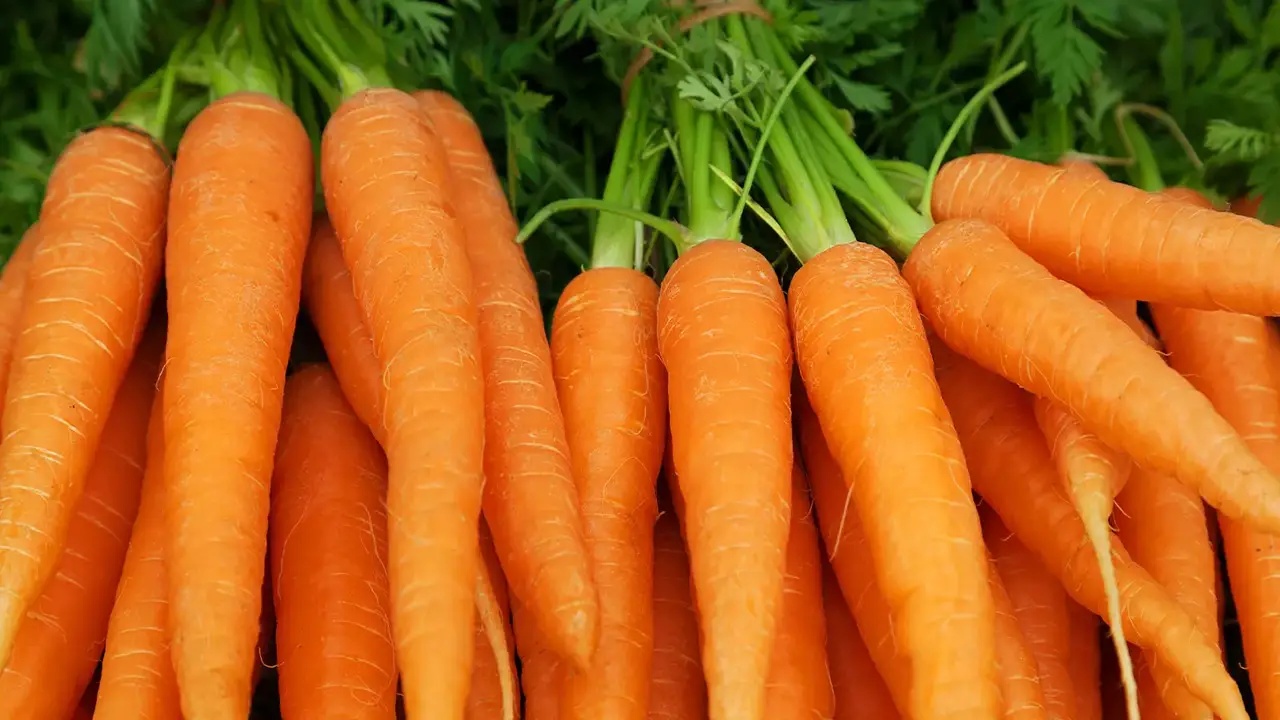
One of the many vegetables that can be successfully grown in a container garden. These root vegetables are known for their crisp texture and sweet flavor. Making them a popular choice for salads, stir-fries, and even juicing.
When it comes to container gardening, carrots can thrive in deep, wide containers that provide ample space for their roots to grow. It is important to choose a potting mix that is loose and well-draining to prevent the carrots from becoming waterlogged.
Regular watering and adequate sunlight are essential for the successful growth of carrots in containers. With a little care and attention, vegetable container gardening can yield a bountiful harvest of fresh, homegrown carrots that are sure to delight any gardener or food enthusiast.
4.Cole Crops
Vegetable Container Gardening: Cole Crops are a suitable option for those looking to grow vegetables in containers. These crops include vegetables like cabbage, broccoli, cauliflower, and Brussels sprouts. With their compact size and shallow root system, cole crops thrive in containers and can be grown successfully on balconies, patios, or even small gardens.
Container gardening offers several advantages for growing cole crops, such as better control over soil quality, moisture levels, and temperature. By choosing the right container size, using well-draining soil, and providing adequate sunlight, water, and nutrients, gardeners can enjoy a bountiful harvest of nutritious cole crops right at their doorstep.
5.Cucumber
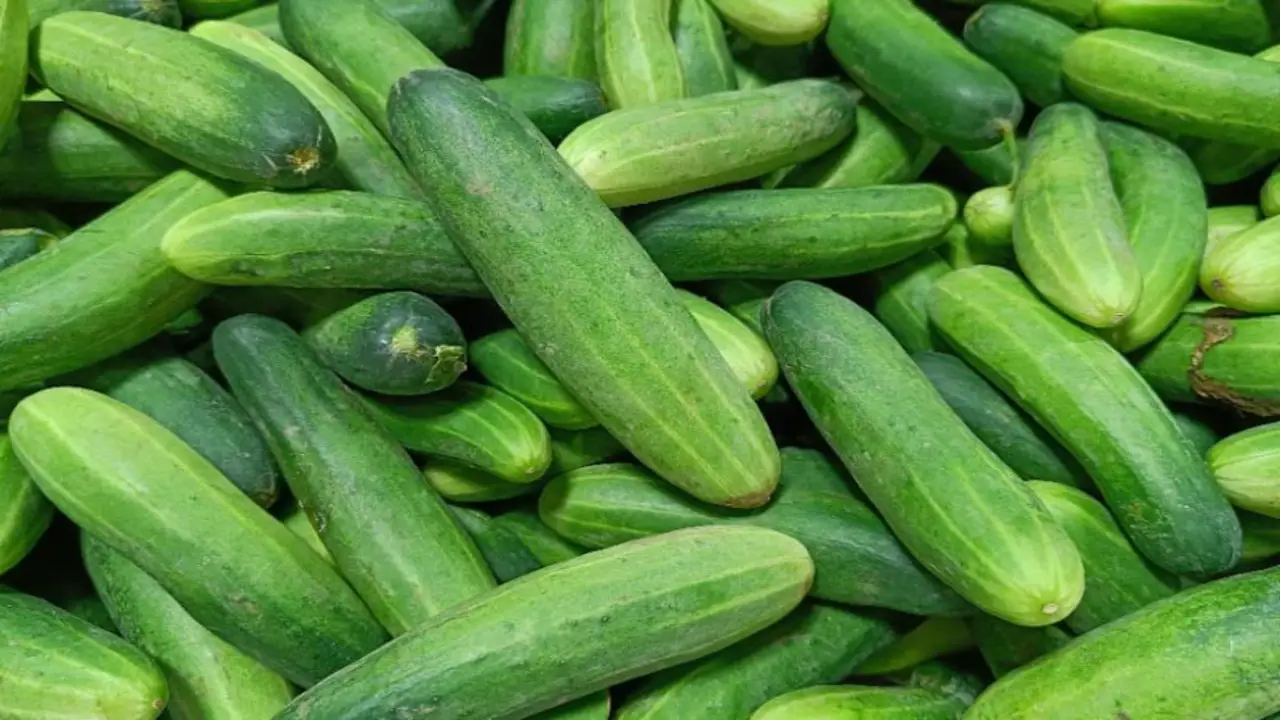
One of the popular vegetables that can be grown successfully in a container garden. It is a vining plant that requires a lot of space to spread and grow. However, with proper care and support, cucumbers can thrive in containers, making them an ideal choice for vegetable container gardening.
When selecting a container for growing cucumbers, it is important to choose a pot that is at least 12 inches deep and wide to accommodate the extensive root system. Additionally, providing trellises or stakes for the cucumber vines to climb on will help save space and promote healthy growth. With regular watering, proper sunlight, and regular fertilization, container-grown cucumbers can yield a bountiful harvest, bringing fresh and delicious cucumbers
6.Eggplant
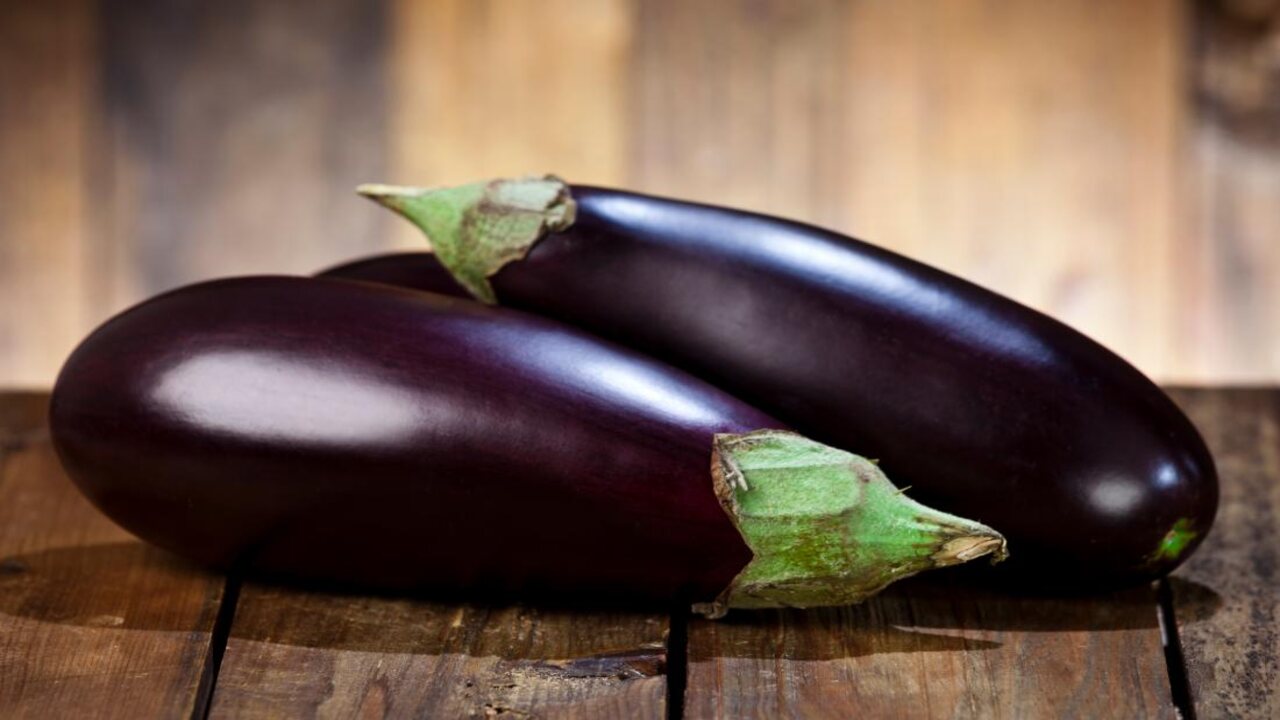
A popular choice for vegetable container gardening. Its compact size and ability to thrive in small spaces make it an ideal option for those with limited garden space. Eggplants can be grown in containers on a patio, balcony, or even a windowsill. They require well-draining soil and plenty of sunlight, typically needing at least six to eight hours of direct sunlight each day.
Regular watering is essential to keep the soil consistently moist but not waterlogged. With proper care and attention, container-grown eggplants can yield a bountiful harvest of delicious and versatile vegetables for any home gardener.
7.Lettuce And Other Greens
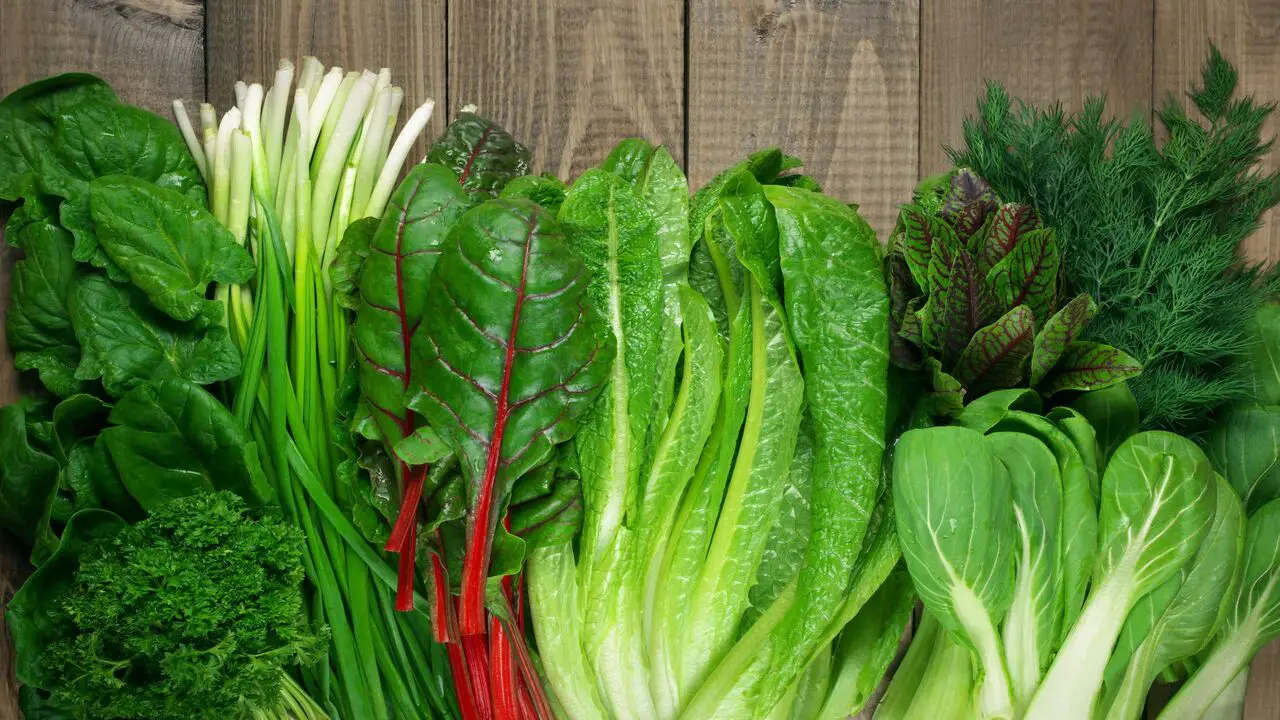
Well-suited for vegetable container gardening. With their shallow root systems, they thrive in small spaces and can be easily grown in containers of various sizes. Whether you have a small balcony or a sunny windowsill, you can enjoy a fresh and continuous supply of crisp, flavorful lettuce leaves throughout the year.
Container gardening also allows you to easily control the soil quality, watering schedule, and sunlight exposure, ensuring optimal growing conditions for your greens. Additionally, the convenience of having these leafy greens just a few steps away from your kitchen makes it a practical and rewarding way to incorporate healthy, homegrown produce into your daily meals.
8.Melons
A popular choice for vegetable container gardening. While traditionally thought of as a crop that requires a lot of space to grow, melons can actually thrive in containers, making them a great option for those with limited garden space. When selecting a container for melons, it is important to choose one that is large enough to accommodate the plant’s root system and allow for proper drainage.
Additionally, melons require full sun and regular watering to produce sweet and juicy fruits. With proper care and attention, you can enjoy the taste of homegrown melons right from your vegetable container garden.
9.Onions
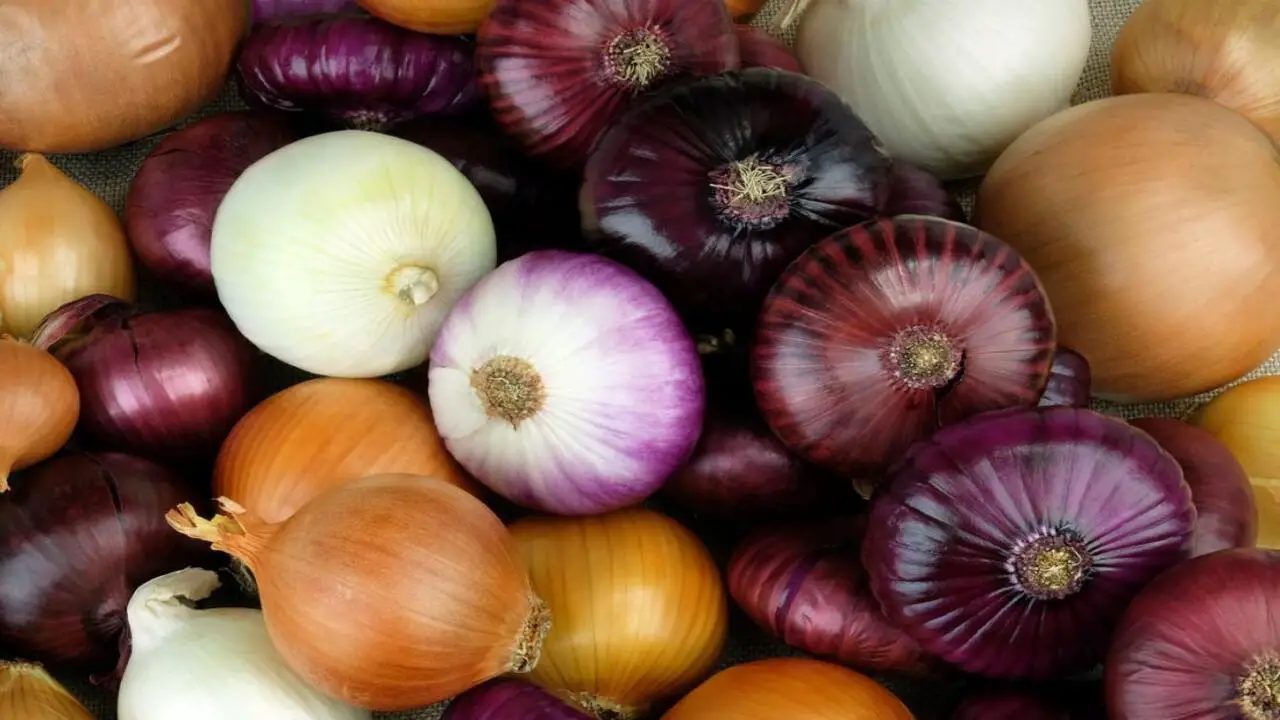
Another great option for vegetable container gardening. They are easy to grow, require minimal maintenance, and can be harvested multiple times throughout the year. When planting onions in containers, choose a deep pot with good drainage.
Fill the container with a well-draining soil mix, leaving enough space for the onions to grow and develop their bulbs. Onions prefer full sun and regular watering, but be cautious not to overwater as it can lead to rotting. With proper care and attention, you can enjoy a bountiful harvest of fresh, flavorful onions right from your container garden.
10.Peas
excellent choice for vegetable container gardening. They are compact and do not require a lot of space to grow. Peas are also a great source of nutrients such as vitamins A, C, and K, as well as dietary fiber. When growing peas in containers, it is important to choose a container that is at least 12 inches deep to accommodate the roots.
Additionally, providing support such as a trellis or stakes will help the plants to grow vertically and maximize space utilization. Regular watering and providing enough sunlight are also crucial for the success of pea plants in containers. With proper care and attention, you can enjoy a bountiful harvest of fresh and delicious peas right from your vegetable container garden.
11:Peppers
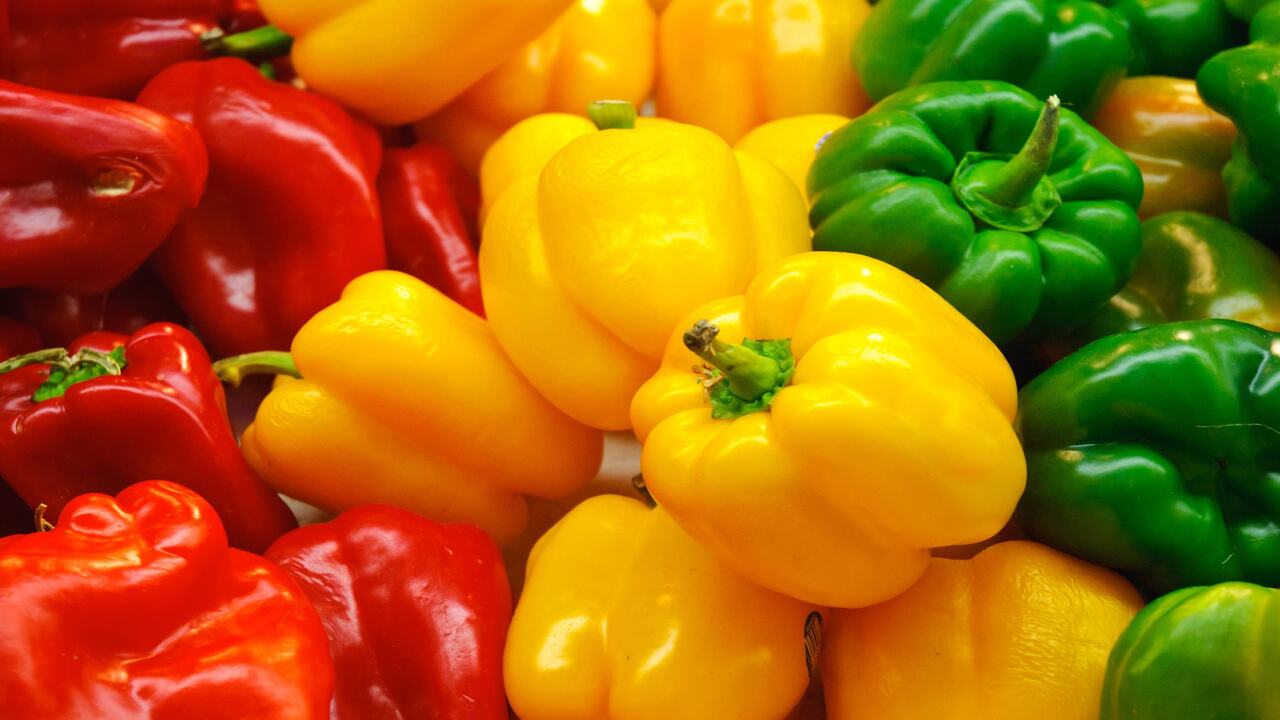
A popular choice for vegetable container gardening. These versatile plants can be grown in containers of various sizes, making them suitable for even small spaces like balconies or patios. With the right care and attention, container-grown peppers can yield a bountiful harvest, providing a fresh and flavorful addition to any meal.
Whether you prefer sweet bell peppers or spicy chili peppers, there are numerous varieties to choose from, each with its unique flavor and heat level. By selecting the appropriate container, providing adequate sunlight and water, and using high-quality soil and fertilizer, you can create an ideal environment for your pepper plants to thrive. With their vibrant colors and delicious taste, peppers are sure to be a highlight of your vegetable container garden.
12.Potatoes
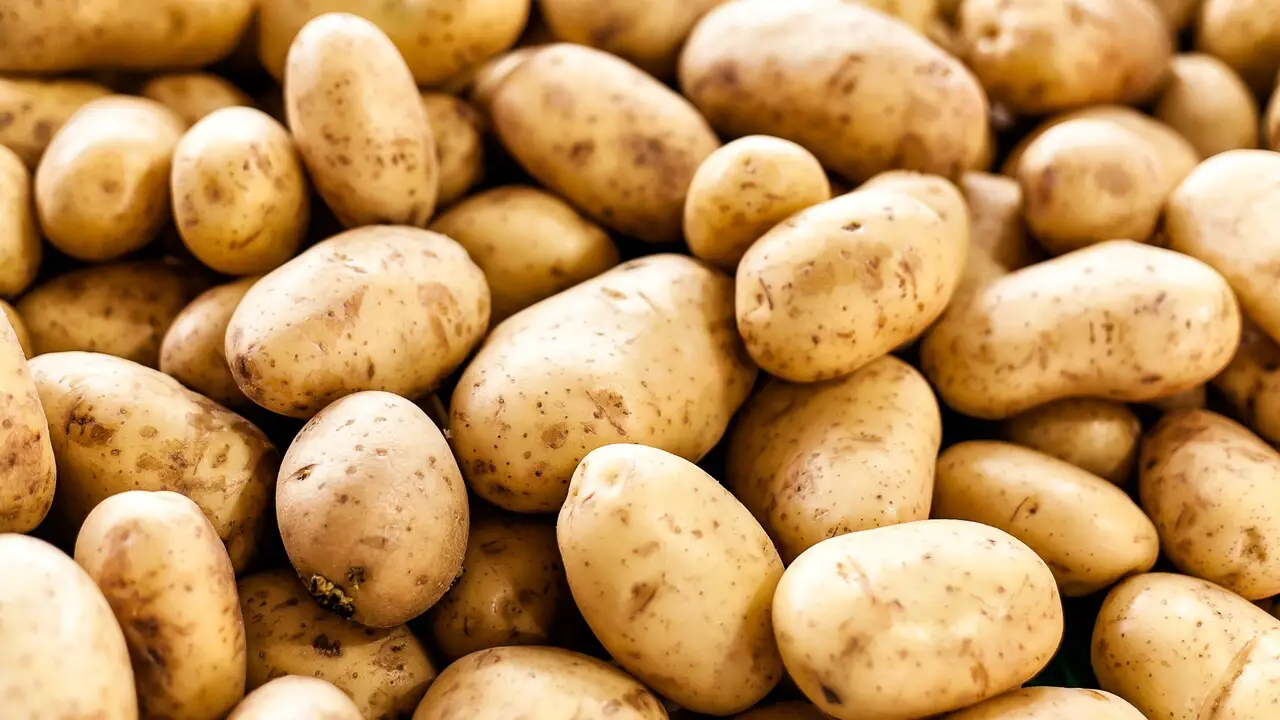
A great vegetable to grow in container gardens. They are easy to plant and require minimal maintenance, making them an ideal choice for those new to vegetable container gardening. To grow potatoes in containers, choose a large pot or container with good drainage. Fill the container with a mixture of potting soil and compost, leaving enough space at the top for the potatoes to grow.
Plant the seed potatoes about 4-6 inches deep and cover them with soil. As the potatoes grow, continue to add soil to the container, gradually filling it up. This not only provides more space for the potatoes to develop but also helps prevent them from turning green. With proper care, regular watering, and adequate sunlight, you can enjoy a bountiful harvest of fresh
13.Radishes
Radishes are one of the most popular choices for vegetable container gardening. With their quick growth and compact size, they are well-suited for growing in small spaces. The vibrant red, pink, and white bulbs of radishes add a beautiful pop of color to any garden or balcony.
Whether you have a sunny patio or a windowsill with ample sunlight, radishes can thrive in containers. Additionally, their shallow root system makes them ideal for growing in pots or raised beds. With a little bit of care, you can enjoy a bountiful harvest of crisp and peppery radishes throughout the growing season.
14.Squash
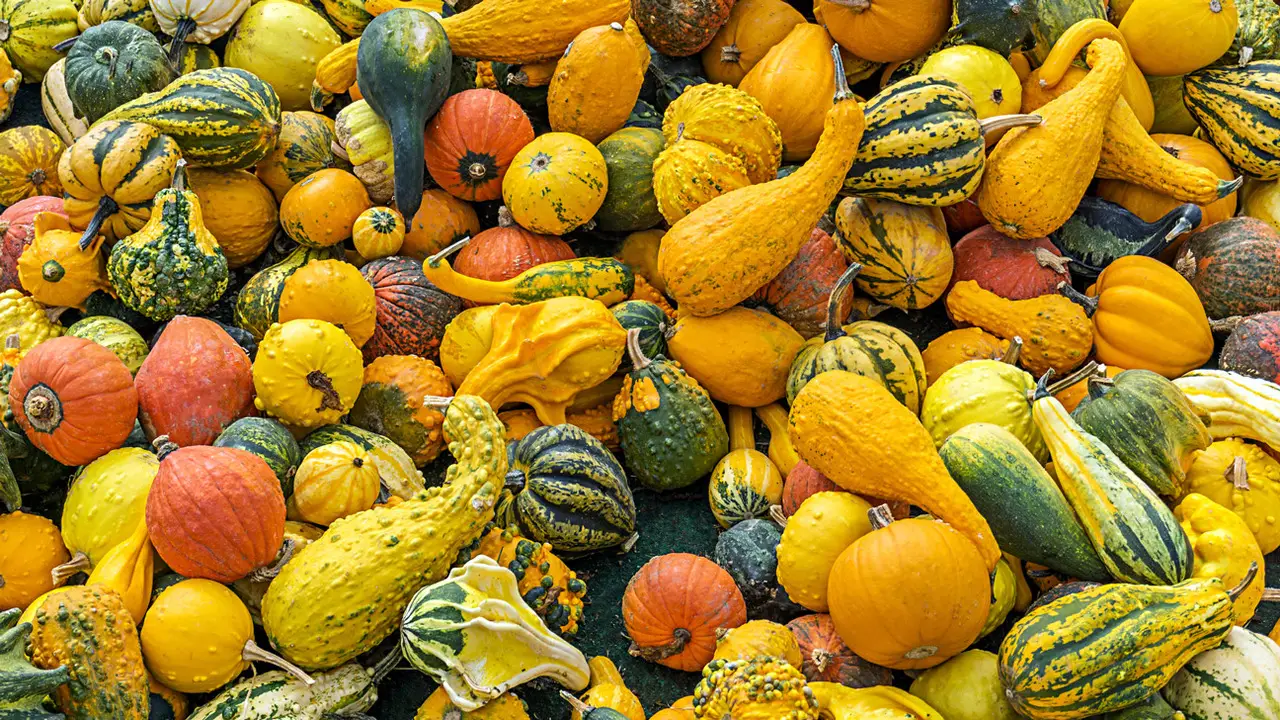
A popular choice for vegetable container gardening. With their sprawling vines and large leaves, squash plants can take up a lot of space in a traditional garden. However, by growing them in containers, even those with limited gardening space can enjoy a bountiful harvest of zucchini, yellow squash, or even pumpkins.
When choosing a container for squash, it is important to select one that is large enough to accommodate the plant’s root system. Additionally, containers should have drainage holes to prevent waterlogging and promote healthy root growth.
Regular watering, adequate sunlight, and proper fertilization are also crucial for the success of squash plants in containers. With the right care and attention, container-grown squash can thrive and provide a delicious addition to your homegrown
15.Tomatoes

One of the most popular vegetables to grow in a container garden. With their vibrant red color and juicy flavor, homegrown tomatoes can’t be beaten. Container gardening offers a great solution for those with limited space or poor soil quality, as tomatoes thrive in well-drained soil and full sun. By choosing the right type of container and providing the necessary care, anyone can enjoy a bountiful harvest of delicious tomatoes right from their patio or balcony.
Whether it’s a small cherry tomato variety or a large beefsteak tomato, the options are endless when it comes to growing tomatoes in containers. With regular watering, proper fertilization, and attention to pruning, gardeners can expect to enjoy the taste of fresh, vine-ripened tomatoes
Pest And Disease Management In Container Gardens
Pest and Disease Management in Container Gardens for Vegetable Container Gardening. It is important to implement effective pest and disease management practices to ensure the health and productivity of your plants. Here are some tips to help you manage pests and diseases in your container garden:
- Choose Disease-Resistant Varieties: Selecting vegetable varieties that are known for their resistance to common diseases can greatly reduce the risk of infection. Look for plants labeled as resistant to specific diseases such as powdery mildew or blight.
- Use Clean Potting Mix: Start with a high-quality, sterile potting mix to minimize the chances of introducing pests and diseases into your container garden. Avoid using garden soil, as it may contain pathogens that can harm your plants.
- Practice Proper Watering: Overwatering can create favorable conditions for disease development. Ensure that your containers have proper drainage and water your plants at the base, avoiding foliage. This helps prevent the spread of fungal diseases.
Advanced Techniques And Tips For Maximizing Yields
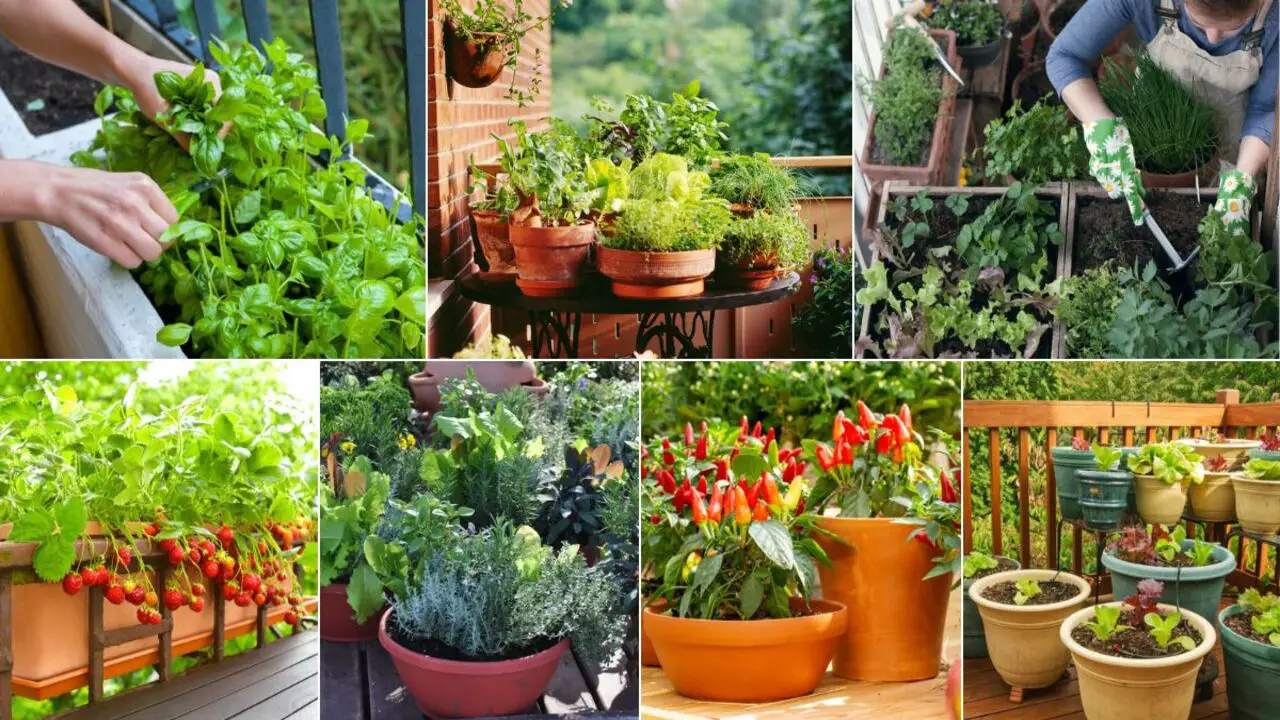
In addition to the basic principles of vegetable container gardening, there are also advanced techniques that can take your gardening efforts to the next level. One such technique is companion planting, which involves strategically pairing different vegetables in the same container to maximize their growth potential.
For example, planting tomatoes with basil can enhance the flavor of the tomatoes and repel pests that may harm both plants. Maximizing Yields in Vegetable Container Gardening:
- Choose The Right Containers: Opt for containers that are deep enough to accommodate the root systems of your chosen vegetables. Look for containers made of durable materials like plastic or ceramic, with proper drainage holes.
- Select The Right Soil Mix: Use a well-draining potting mix specifically formulated for container gardening. Avoid using regular garden soil, as it can become compacted in containers and hinder root growth.
- Provide Adequate Sunlight: Most vegetables require at least 6-8 hours of direct sunlight daily. Place your containers in a location that receives ample sunlight throughout the day.
- Water Consistently: Container gardens tend to dry out faster than traditional gardens, so it’s important to water regularly. Check the moisture level of the soil and water whenever it feels dry about an inch below the surface.
- Implement Proper Spacing: Avoid overcrowding your containers to allow each plant enough space for proper growth.
Conclusion
Vegetable container gardening offers a convenient and accessible way for individuals to grow their fresh produce. With proper planning and care, container gardening can yield a bountiful harvest in even the smallest of spaces. Not only does vegetable container gardening require less space than traditional gardening methods, but it also provides flexibility in terms of location.
Whether you have a small balcony, a sunny windowsill, or a tiny backyard, you can easily set up containers to grow a variety of vegetables. With the right selection of containers, soil, and proper watering and fertilization, anyone can successfully embark on a vegetable container gardening journey.
Whether you are a seasoned gardener or new to the world of growing your own food, vegetable container gardening is a great option to explore. So grab your containers and seeds, and get ready to enjoy the taste and satisfaction of homegrown vegetables.
FAQ
1.What Are The Best Types Of Vegetables To Grow In Containers?
Ans: Some of the best types of vegetables to grow in containers are tomatoes, lettuce, peppers, radishes, and herbs like basil or parsley. These vegetables have relatively shallow root systems and can thrive in smaller spaces. Additionally, they are generally low-maintenance and can be easily cared for in containers.
2.What Are The Key Factors To Consider When Choosing Containers For Vegetable Gardening?
Ans: When choosing containers for vegetable gardening, it is important to consider factors such as size, drainage, material, and mobility. The size of the container should be appropriate for the size of the vegetable plant and allow enough space for root growth. Adequate drainage holes are crucial to prevent waterlogging and root rot. The material of the container should be durable, non-toxic, and able to retain moisture.
3.How Often Should Container-Grown Vegetables Be Watered?
Ans: Container-grown vegetables should be watered regularly, typically once a day or every other day, depending on the specific plant’s water needs and environmental conditions. It is important to keep the soil consistently moist but not waterlogged to promote healthy growth and prevent wilting. Be sure to monitor the moisture levels by checking the soil’s dampness with your finger or using a moisture meter.
4.Are There Any Special Considerations For Fertilizing Vegetables In Container Gardens?
Ans: Yes, there are several special considerations for fertilizing vegetables in container gardens. Firstly, containers have limited space and nutrients can quickly become depleted, so regular and balanced fertilization is essential. Secondly, using a slow-release or organic fertilizer can help prevent nutrient burn and ensure a steady supply of nutrients over time.
5.What Are Some Common Pests And Diseases That Can Affect Vegetable Container Gardens?
Ans: Common pests that can affect vegetable container gardens include aphids, whiteflies, caterpillars, and snails/slugs. These pests can damage the leaves and stems of the plants, leading to stunted growth or even death. Diseases that commonly affect vegetable container gardens include powdery mildew, leaf spot, and root rot. Fungal or bacterial infections can cause these diseases and can spread quickly if not treated.
